
5 Time-Tested Strategies To Overcome Social Anxiety
We recommend helpful products in our articles. Read our full disclosure here. The content on this website is not intended to be a substitute for professional advice, diagnosis, or treatment.
Social anxiety is generally defined as an intense fear of social situations due to worry or worry about being judged or embarrassed.
People with social anxiety feel self-conscious, avoid social events, and may have physical symptoms like sweating, stomach trouble, or dizziness.

It can significantly impact their daily life and overall satisfaction.
Social anxiety can transform routine interactions into overwhelming challenges, casting a shadow over social gatherings, workplace meetings, and even everyday errands.
However, it’s important to remember that social anxiety is not an insurmountable barrier to leading a fulfilling and connected life.
While Social Anxiety Disorder (SAD) can have far-reaching impacts on one’s life, the modern worlds throw anxiety into the spotlight.
The research piles up, meaning we have a far better understanding than our grandparents could ever imagine.
In this article, you will learn about five practical and effective techniques designed to help individuals navigate and gradually overcome social anxiety.
Whether you’re looking to improve your comfort level in large gatherings or aiming to feel more at ease in one-on-one conversations, this guide offers actionable steps to take control of your social anxiety and reclaim the joy of connecting with others.
It should be noted that Cognitive Behavioural Therapy (CBT) is the most widely used form of therapy for anxiety.
Consequently, many of the techniques included are taken from the CBT playbook.
If you find CBT and psychology in general fascinating, then there are a number of courses and diplomas, like a Graduate Diploma in Psychology that delve into these concepts in more detail than any article ever will.
Time-Tested Strategies To Overcome Social Anxiety
1. Exposure therapy
Exposure therapy is the gold-standard treatment for social anxiety disorder.
Analysis has shown this tried and tested behavioural technique to be an empirically effective intervention strategy that is actually underused in practice.
Therapists can find it hard to implement in talk therapy/monitor as homework between sessions.
It does not, however, have to be prescribed by a therapist.
For instance, if you have a fear of crowded spaces and find it impossible to even look at a busy train station, let alone set foot inside, you could, on day 1, walk down the street to the station until it becomes uncomfortable.
On day 2, you walk right up to the main entrance and picture yourself entering.
On day 3, you could step inside and then exit.
So on and so forth until you are able to stomach the crowded space.
In this way, exposure can be invaluable, and it is not limited to one form.
Virtual reality programs are being used more and more to address situations that cause social anxiety in a simulated environment.
2. Psychoeducation
A fancy word for learning or reading up on SAD, studies show that patients (especially the more inquisitive) who undergo this educational process have increased psychological resilience and can reduce the impact of mental health issues, especially in young people.
You don’t have to be a professional researcher either; there are so many resources available.
Listen to a podcast on anxiety, read a study, talk to your therapist, or look into one of the many online therapists or mindfulness apps.
Next time you are navigating a challenging social situation, try to analyze exactly what is occurring based on your new knowledge.
3. Breathing techniques
Did you know breathing techniques like deep diaphragmatic breathing alleviate anxiety by regulating blood oxygen and carbon dioxide levels?
Deep breaths fill the lungs, increasing oxygen intake and expelling carbon dioxide, calming the nervous system, enhancing autonomic, cerebral and psychological flexibility.
There are multiple highly effective breathing techniques backed by studies for general and social anxiety.
First, we have simple, deep diaphragmatic breathing, where your diaphragm is fully expanded with slow, deep breaths.
Try placing your hand on your chest and picture a balloon for which it is your sole duty to inflate to its maximum by slowly breathing in through the nose for 2 seconds, holding for 4 and exhaling for 3.
4. Avoiding Stimulants
Stay at home, don’t go out! – just kidding, but there are so many factors in our modern world that exacerbate SAD, often making it harder to overcome long-term.
A factor that is far from modern is alcohol; the research shows us that using alcohol to cope with anxiety has wide-ranging negative consequences.
So, it’s best to avoid drinking.
It comes as no surprise that sugar’s rollercoaster effect on blood sugar and energy levels can lead to mood swings and increased anxiety.
Even seemingly innocent choices like condiments and breakfast cereals may pack high levels of added sugar.
Unfortunately for the coffee lovers out there, Caffeine’s stimulating effects can amplify anxiety symptoms, causing restlessness and heightened nervousness.
This effect is amplified in energy drinks, which often contain incredibly high caffeine levels.
5. Talk therapy
Talk therapy, in its many forms, is the go-to for a good reason: therapeutic dialogue fosters understanding, providing individuals with tools to navigate their fears effectively.
While exposure therapy, psychoeducation, and breathing techniques offer valuable complementary strategies, the power of communication in talk therapy cannot be overstated.
Conclusion
The five techniques discussed in this article, ranging from exposure therapy and psychoeducation to the importance of breathing techniques, avoiding stimulants, and embracing talk therapy, offer a holistic approach to managing social anxiety.
While it’s crucial to remember that this article is not a substitute for professional medical advice, it provides a starting point for those looking to regain control over their social interactions and improve their quality of life.
Social anxiety doesn’t have to be a lifelong barrier.
With the right tools and support, anyone can learn to navigate social situations more comfortably and confidently.
Remember, it’s about progress, not perfection.
Taking small steps towards understanding and addressing your anxiety can lead to significant improvements in how you feel and interact with the world around you.
If you’re struggling, don’t hesitate to reach out to a professional who can guide you through the process and offer the support you need to overcome the challenges posed by social anxiety.
* This article does not include medication for anxiety, which is widespread and commonly used – for information on the types of medication available and if it can help you contact your GP or psychiatrist.
** If you or someone you know is experiencing anxiety, reach out to your GP, therapist, or a helpline like ‘R U OK?’.
"We love to research problems, examine studies, analyze solutions, and share with you ideas that make life healthier. You can learn about us and our editorial standards here. Have suggestions or feedback to share? Send us a message!."

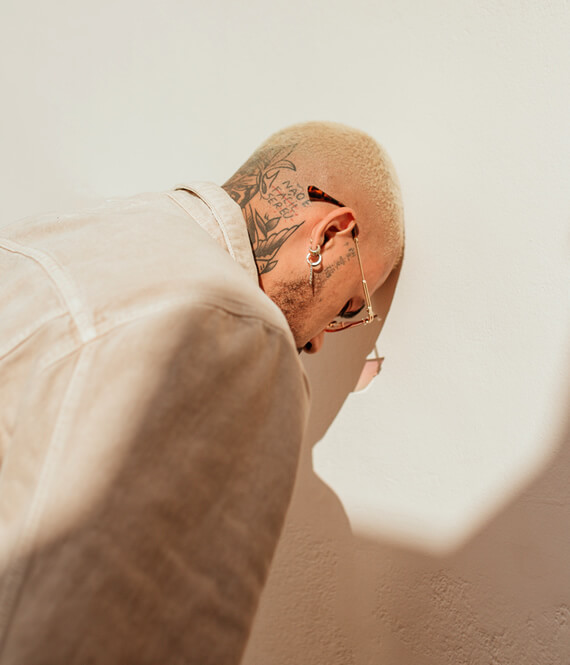
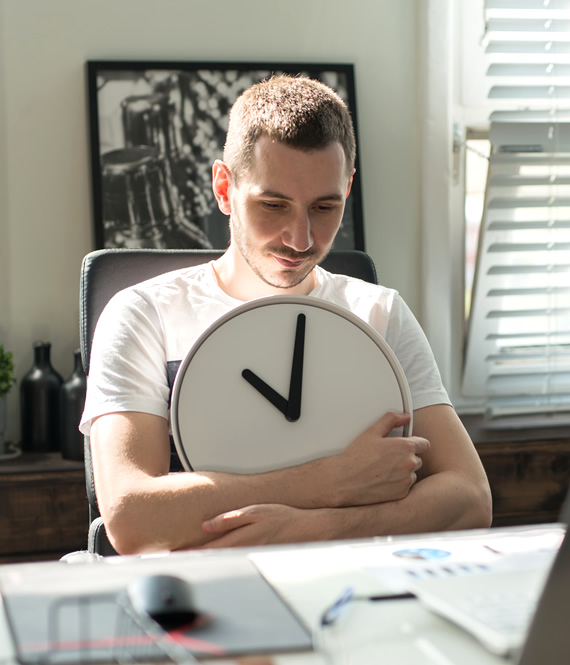




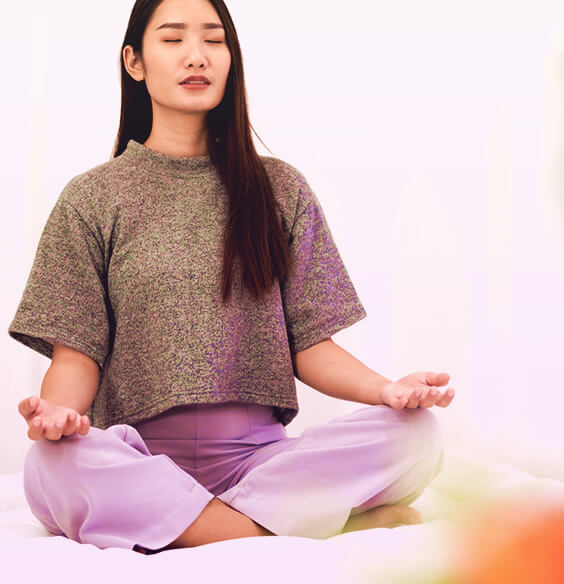
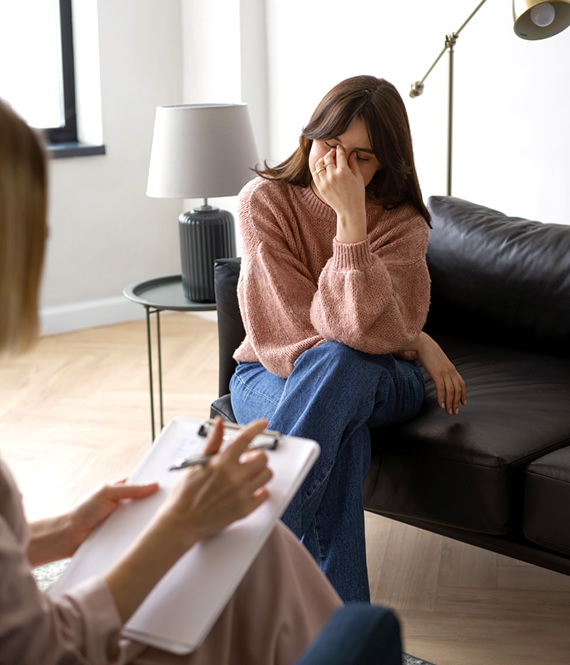

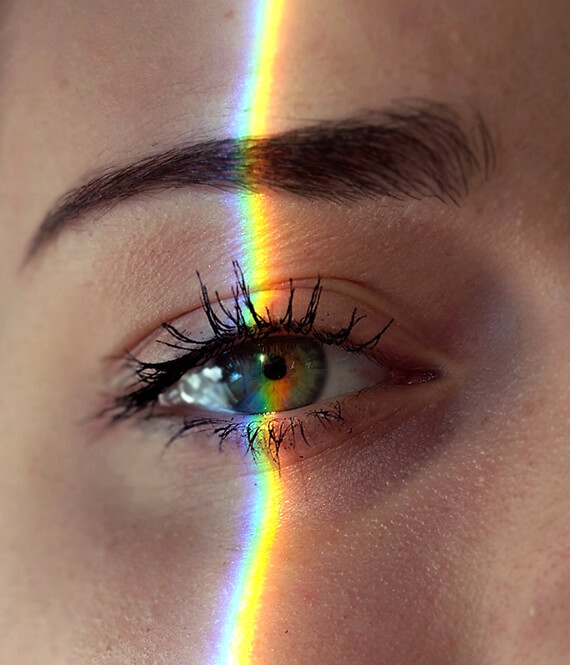


Leave a Comment